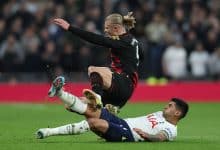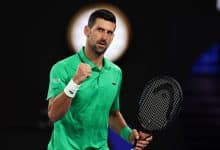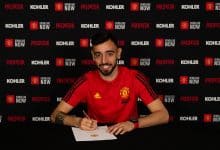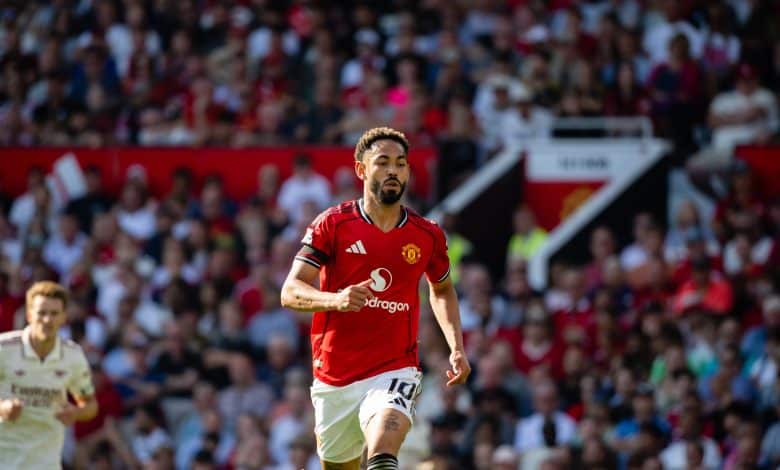
The Premier League’s opening weekend is always a strange mix of chaos, overreaction, and faintly ridiculous storylines. One round of matches and suddenly we’re all tactical experts, fortune tellers, and amateur analysts diagnosing whether Gyokeres‘ first performance means he’ll hit 20 goals or struggle to get three. It’s silly, of course, but it’s also the fun of it.
Week one didn’t disappoint. We got shock results, bizarre line-ups, moments of genuine quality, and a few eyebrow-raising experiments that managers might want to quietly sweep under the carpet. It’s tempting to draw sweeping conclusions, but some early themes stood out clearly enough to be worth unpacking.
So, what did we really learn from the first weekend?
Premier League is finally back – here’s the most exciting parts!
Manchester United will be OK
It was a much improved performance from Ruben Amorim’s Manchester United. For the last few seasons, United’s problem hasn’t been talent; it’s been rhythm. A team with so many moving parts has often looked like they’re learning choreography mid-performance. This time out, they had rythym. The patterns of play were clear. The structure was set, and Gabriel and William Saliba struggled to deal with the rampant Matheus Cunha and Bryan Mbeumo, complemented by the non-stop running of Mason Mount.
In the end, though, it was a mistake from Altay Bayındır that tilted the balance. He misjudged a corner, flapped at thin air, and Calafiori pounced on the loose ball. A cruel way for United to be undone, given how assured the outfield performance had been and continueed to be. Add to that a contentious penalty shout that could easily have gone in United’s favour, and the result feels even harsher. On another day, with a clinical edge in front of goal, Amorim’s side would have walked away with all three points.
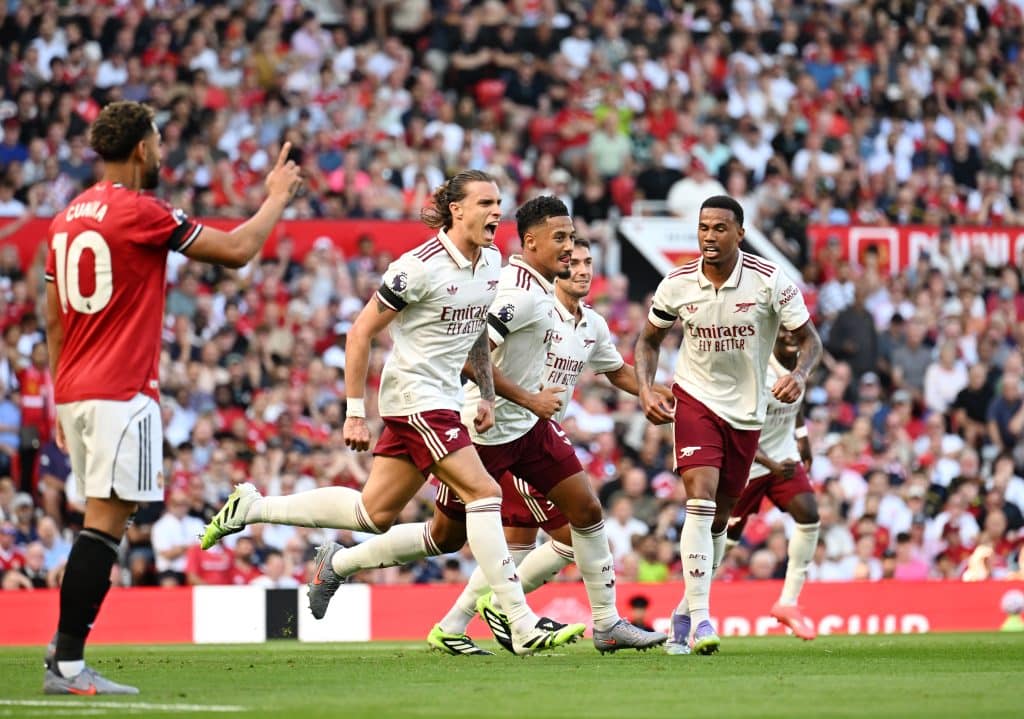
And that’s the bigger takeaway: United didn’t look second best. They looked like a team with a defined identity, one that pressed with intent and attacked with conviction. The defeat may sting, but the performance suggested a corner is being turned, even if they struggle at defending corners.
No one thinks that Amorim’s side will win the league this year. The performance showed that they are serious about sticking to the back three and building into the Portugese’s philosophy. Patrick Dorgu looked great on the left flank, Matthijs de Ligt was everywhere, and Casemiro ran the show. Don’t count United out.
Set-piece supremacy! 💥
— 365Scores (@365Scores) August 17, 2025
Arsenal have now scored a league-high 31 goals from corners in the Premier League since the start of the 23/24 season—a testament to their relentless set-piece mastery!
The latest? A towering header from Riccardo Calafiori to seal a massive 1-0 win at… pic.twitter.com/Rk1x7cMaSU
The promoted teams finally have a chance… (two of them at least)
Usually, the opening weekend is where promoted clubs get smacked in the face by Premier League reality. Heavy defeats, defensive lapses, players suddenly realising the guys they’re marking are faster, stronger, and crueler. But this time, two of three newcomers looked… competent. More than competent, actually.
Sunderland’s return to the top flight was almost cinematic. Three second-half goals, a raucous Stadium of Light, and a performance that felt Premier League-ready. Leeds, too, looked sharp, compact out of possession and brave enough to keep pushing until a late penalty earned them a win.

The difference is partially structural. Promotion used to mean financial chaos: you spent frantically, patched together a squad, and prayed. Now, with parachute payments and smarter recruitment departments, promoted sides arrive more prepared. Their squads aren’t filled with players stepping up nervously; they’re built with the league in mind.
For the past two seasons, the promoted teams have gone straight back down. That should change.
It also changes the dynamic for the rest of the league. Established mid-table clubs used to eye promoted teams as easy six-pointers. That assumption already feels shaky. If week one is anything to go by, the fight at the bottom could be tighter, nastier, and more unpredictable than in years past.
We now know exactly why Tijjani Reijnders won Serie A Midfielder of the Season
Sometimes a debut hits like a thesis statement. Tijjani Reijnders at Molineux was one of those. A goal with the calm of a veteran, an assist that opened the door for Erling Haaland, and about a dozen little decisions that said: tempo is my toy now.
⚡️ Erling Haaland = Mr. Opening Day.
— 365Scores (@365Scores) August 16, 2025
He’s now scored on the opening day for the 4th straight season — every single year he’s been at Man City. 🔥⚽
Since arriving in the Premier League, Haaland has smashed 38 away goals. No other player even reaches 30 (next best is 29). 👑 pic.twitter.com/4bB1u609Dl
Manchester City brought him in to fill the De Bruyne-shaped hole without pretending anyone can actually be De Bruyne. What you saw was a midfielder who controls the game’s temperature and then spikes it when the moment appears. That is a very City skill.
The résumé already sparkled before he landed. Reijnders arrived as the reigning Serie A Best Midfielder, fresh off a season where he covered ground like a relay team and passed like he had the cheat codes. If the award sounded abstract in June, it looked obvious in August. The Premier League rarely lets midfielders dance on first contact. He led anyway.
This is what the champions need after a season that ended with more grinds than glides. A midfielder who stitches actions together and still arrives with a finish. A teammate who finds the third-man run without signalling it to everyone in the stadium. City can win while figuring themselves out. With Reijnders, they might figure themselves out by winning.
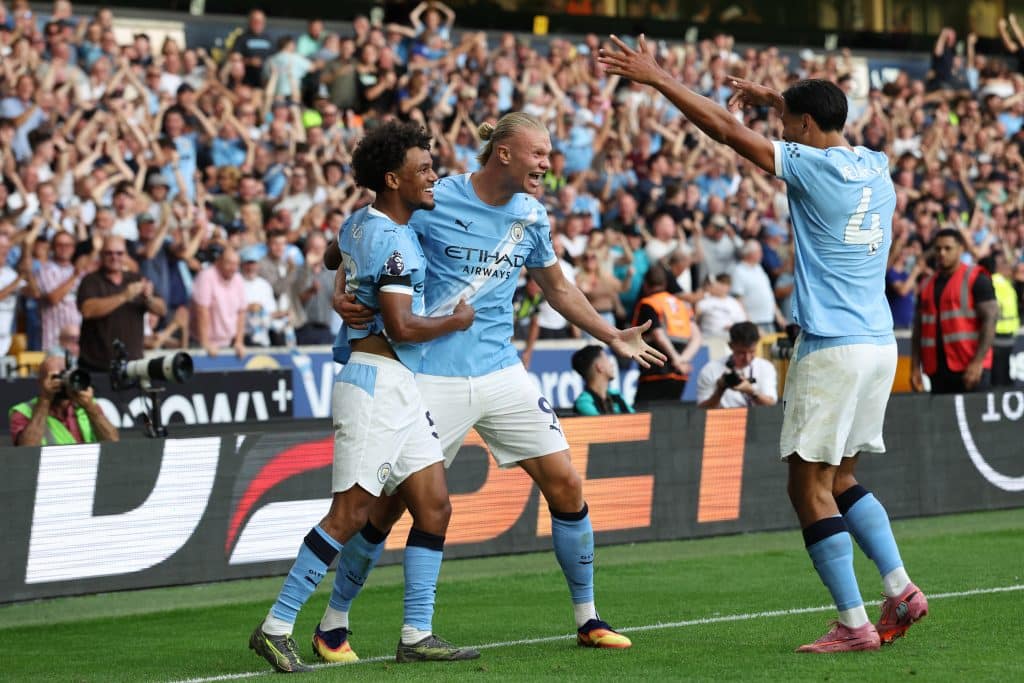
Half-time interviews are crazy
The broadcast deal promised more access. We got it on matchday one. At Old Trafford, Martin Ødegaard gave a quick tunnel interview before going back out for the second half. You could see why the broadcasters love it. It adds immediacy, lets supporters hear a captain’s pulse in real time, and gives analysts something to chew on besides slow-mo throw-ins. You can also see why players and coaches would roll their eyes. Half-time is not for TV, it is for oxygen and adjustments. That tension, between spectacle and sport, is going to define a lot of Mondays this season.
And while we’re talking new normals, Stamford Bridge tested another change: referees announcing VAR outcomes over the stadium PA. It is a small step that feels big. The Eberechi Eze free-kick that everyone thought was a goal, then wasn’t, had a clear in-stadium explanation. The audio quality still needs work, but the intention is sound.
Football keeps inching toward the NFL’s TV grammar without losing its own voice. The balance will wobble, and managers will push back when a segment feels too intrusive, but the direction of travel is set. Week one made that very clear.
Only Chelsea can spend three billion across a decade and still field a weird XI
Chelsea’s goalless draw with Crystal Palace had a post-modern feel. Estêvão came on to give Chelsea a jolt. Cole Palmer drifted into those honey spots between the lines. João Pedro led the line with a winger’s restlessness. Josh Acheampong, still a teenager, threw in one of those tackles that turns up in fan-made season montages. There is a version of this team that cooks, yet the present-day brew is undeniably odd.
This is what happens when you spend like a hedge fund and collect skill sets before you collect a spine. Over ten years, Chelsea’s gross outlay sits near the three-billion-euro mark, the highest on the continent by some distance. Since 2022, the spree has sprinted past the billion mark by itself. You feel that money on the pitch in flashes.
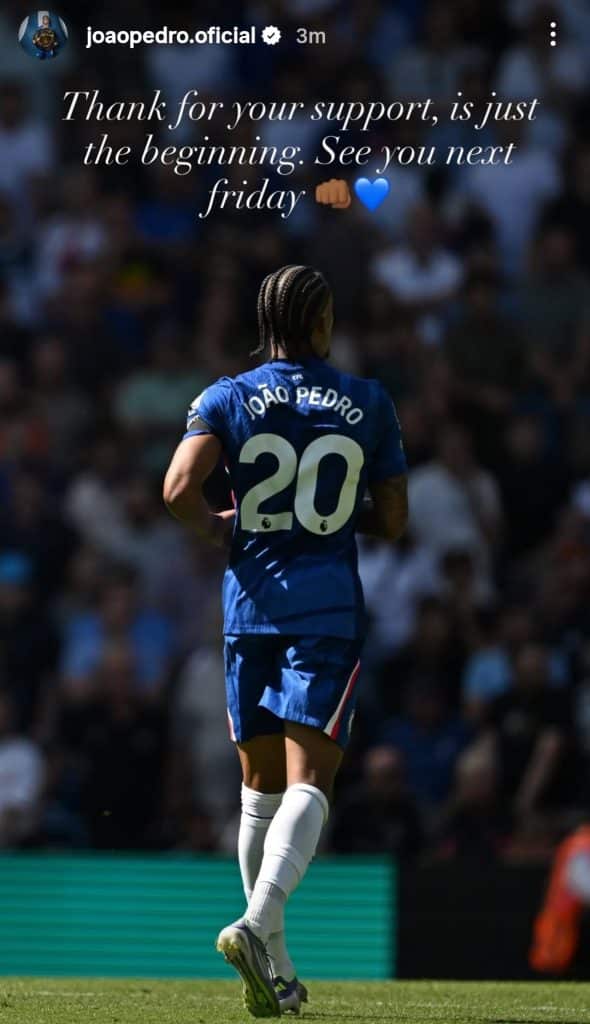
The new VAR stadium announcement made its Premier League bow here too, chalking off a gorgeous Eze free-kick because of a wall encroachment detail that most of us needed to Google. That is a very 2025 sentence. Chelsea looked marginally the better side after the hour, but Palace had the better moments until then, and the 0–0 felt honest. If you are hunting early-season signals from the Blues, they are the same as last year’s: the talent is real, the puzzle is complicated, and the solutions will sometimes involve an eyebrow-raising lineup that works for 25 minutes then loses the thread.
There is also the backdrop. A club that has spent big now relies on internal solutions at centre-back because of injuries, and a squad built to be flexible sometimes looks elastic in the wrong places. It is not doom, but it is delicate. Chelsea will win a lot of football matches. Whether they look like a coherent team while doing it is a different question. Opening day did not answer it. It did, however, underline the vibe: only Chelsea could buy the whole shop and still send you home debating the fit.
We learned plenty without pretending August writes May. United lost but looked organised enough to believe in a better September. The promoted sides arrived with plans rather than hope. City added a conductor whose first notes rang around the league. TV found new toys and used them, for better and for worse. Chelsea remained Chelsea, a collage with expensive edges and a strangely lovable weirdness.
For a first weekend, that is a lot. That is the Premier League.
By Nicky Helfgott – NickyHelfgott1 on X (Twitter)
Keep up with all the latest football news and Premier League news on 365Scores!
